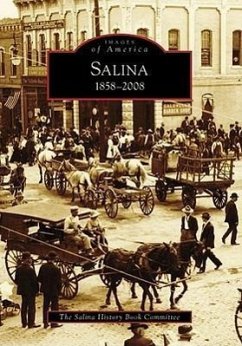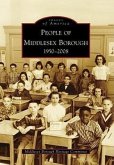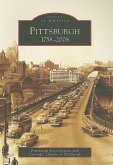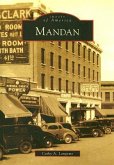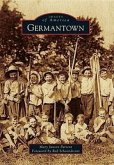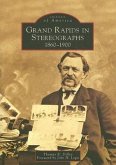Early in 1858, three men walked across the eastern half of Kansas Territory intent on starting a town. Although the volatile conflict between Free State and proslavery forces still simmered, the bloodshed had abated, and Free State factions had gained the upper hand. People turned their interests to more peaceful pursuits, including town building. Armed with a compass and stovepipe hat instead of a tripod, the three young Scotsmen selected and surveyed a town site along the Smoky Hill River, near the confluence of the Saline River in north-central Kansas. The tiny settlement soon became a way-stop for westbound travelers and a hub of activity for hunters, soldiers, land seekers, and surveyors. Now 150 years later, Salina (pronounced with a long i) still thrives as a center for commercial, cultural, civic, and social activity. Voted an All-America City in 1989, Salina is home to nearly 50,000 people who enjoy midwestern living in the heart of America.

